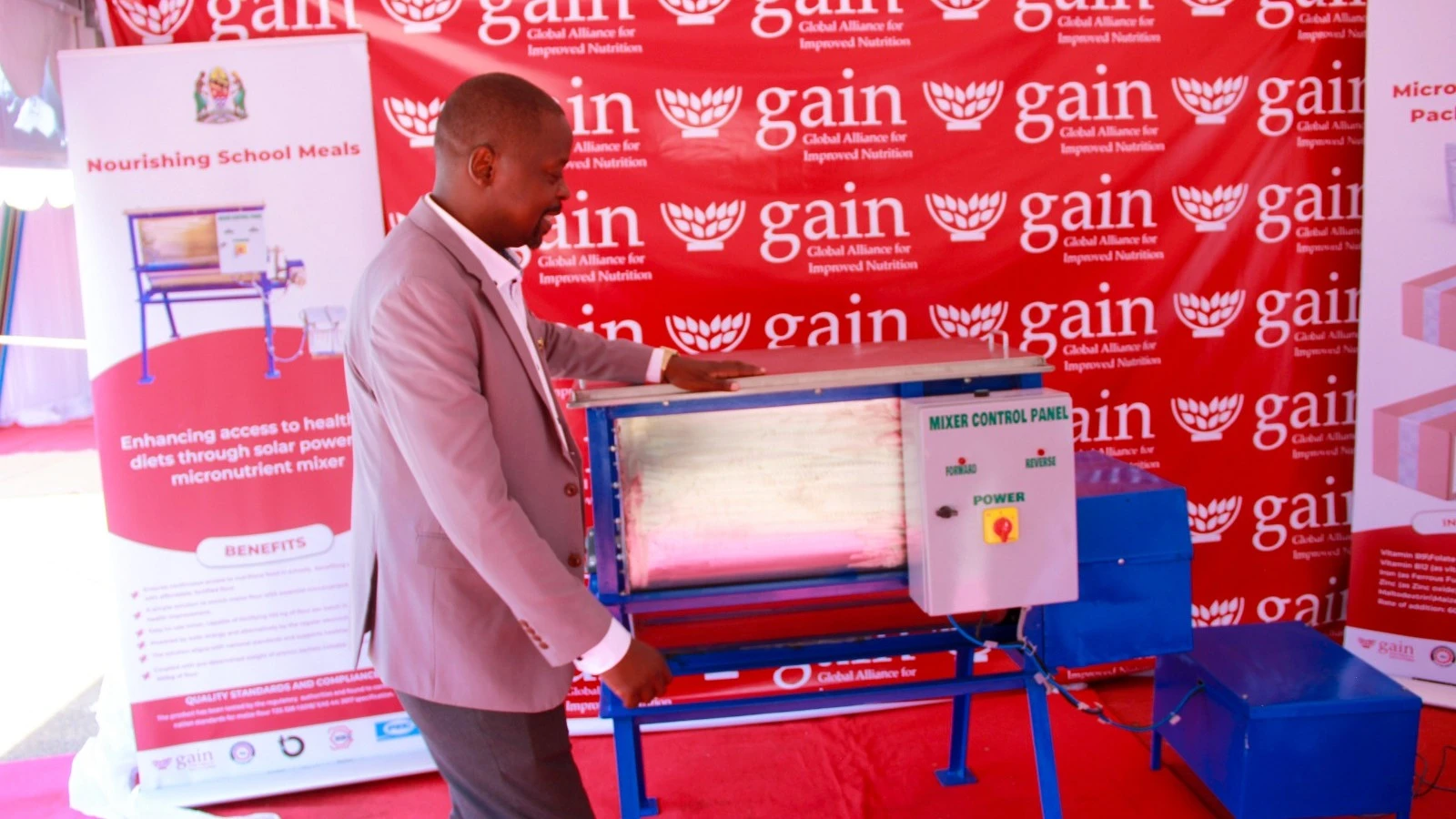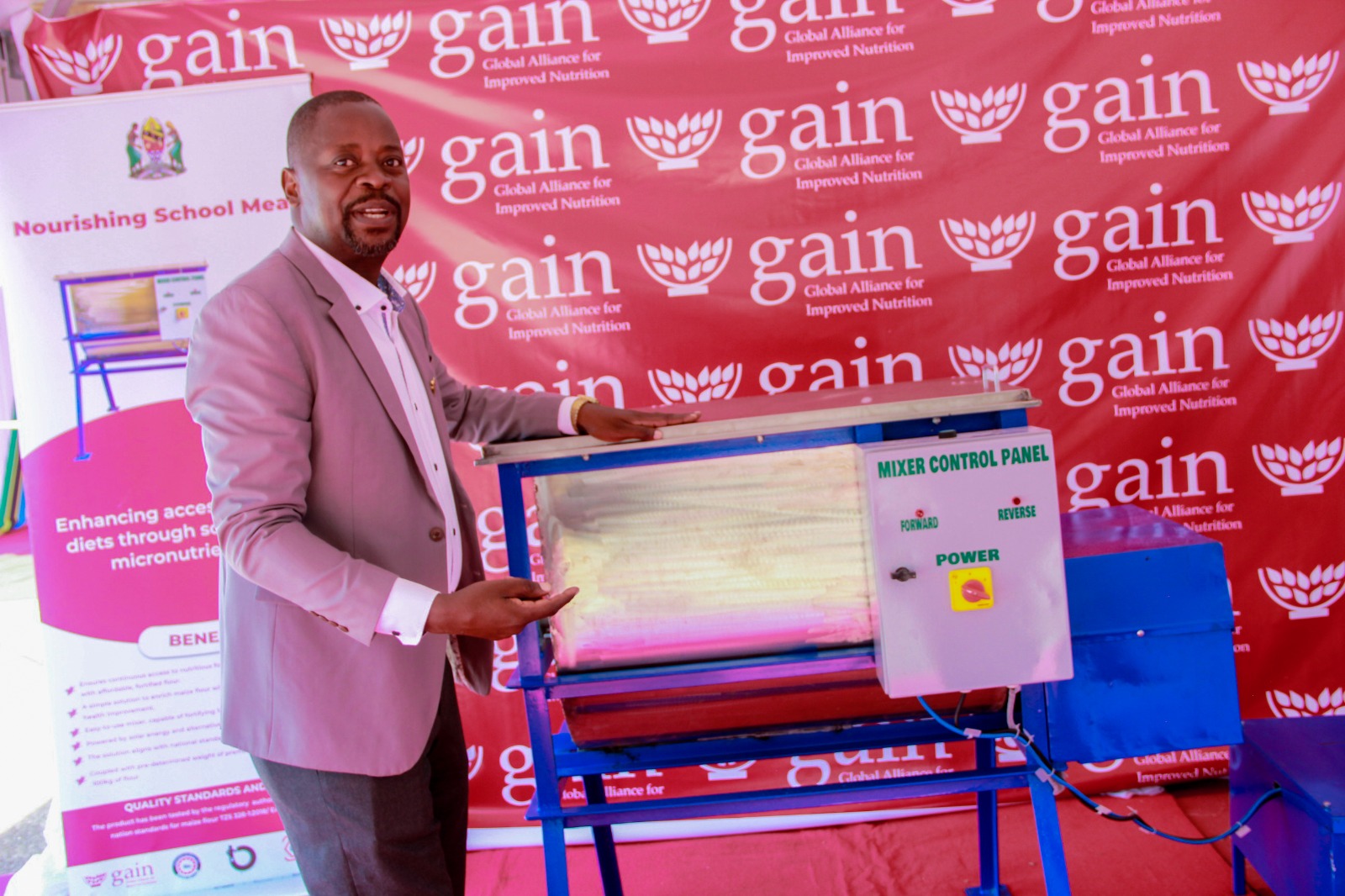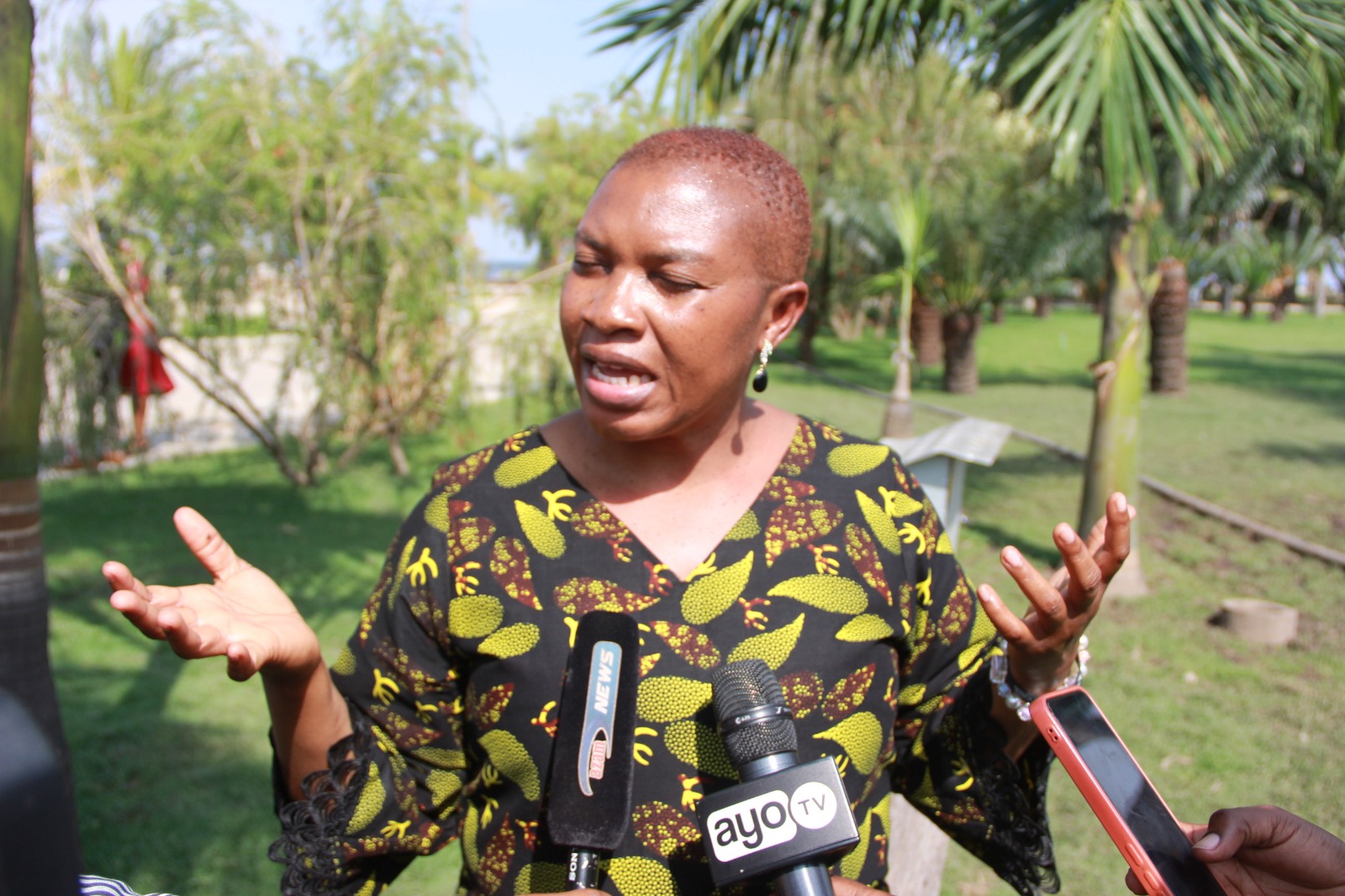Fortified Flour Identified as a Solution to Malnutrition in the Country

DUE to the increasing threat of malnutrition in the country, nutrition stakeholders have come up with various strategies to help combat this issue, including facilitating access to nutrient-rich flour for better nutrition for children.
According to the Secretary-General of the Prime Minister's Office (Policy, Parliament, and Coordination), Dr. Jim Yonazi, over three million children in the country are facing malnutrition, a situation he describes as dire for the nation's future.
He also states that according to 2022 statistics, the rate of malnutrition among children under five years old was 30%, with over 600,000 children reported to be suffering from severe malnutrition, alongside a stunting rate of 3.5% in 2015, a situation that is said to affect the overall health system of the child and their cognitive development.
Speaking to The Guardian Digital earlier today alongside the Tenth General Meeting of Nutrition Stakeholders, Archard Ngemela, Food Fortification Project Manager from the non-governmental organization GAIN TZ, stated that to combat malnutrition in the country, there is a significant need for communities to access fortified flour.
He mentioned that to assist communities in obtaining nutrient-rich flour, the organization has introduced a project involving a machine capable of processing flour by mixing essential nutrients, also aimed at helping schools access this vital service.
“Parents have been contributing maize at schools for children's food, but they have not been receiving fortified flour, which has led to the continued high levels of malnutrition among children in the country,” Ngemela said.

He added that the machine has been manufactured locally with the support of PEC stakeholders and is capable of using solar energy to accommodate areas without electricity.
Furthermore, he stated that the machine can mix 100 kilograms at once within 11 minutes, and the Tanzania Bureau of Standards (TBS) has already taken samples of its flour and confirmed that it meets the required standards.
Meanwhile, the Project Manager for Health and Nutrition focusing on gender equality from World Vision Tanzania, Shukrani Dickson, noted that the community still holds onto harmful traditions that undermine women and allow men to decide what will be eaten at home and why.
Shukrani mentioned that following the situation identified in the Simiyu and Shinyanga regions, the organization has started to closely involve men in nutrition initiatives to eliminate the culture of selling crops and essential food items, leaving families with only basic food.
“Through our men care approach, we ensure that we educate the community, especially men, about the importance of natural foods such as eggs, chicken, legumes, and others that they often sell, leaving families with only maize for flour, which undermines children's health,” Shukrani said.
The meeting is expected to closed today in Mwanza by Prime Minister Kassim Majaliwa, under the slogan ‘promoting the contribution of sector stakeholders to sustain positive nutrition outcomes in Tanzania’. 
Top Headlines
© 2024 IPPMEDIA.COM. ALL RIGHTS RESERVED






















